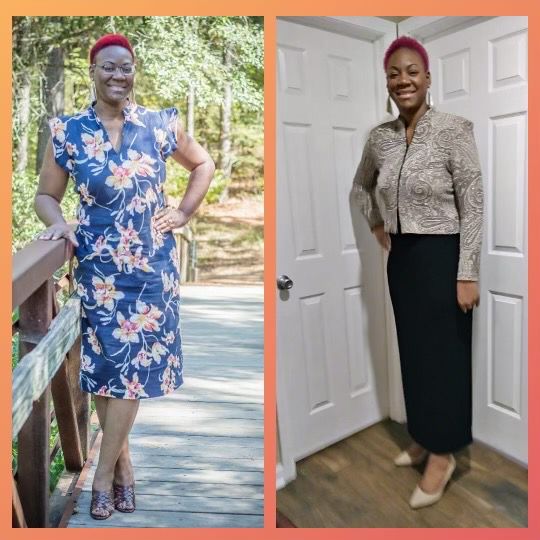CLEVELAND — In the Fall of 2019, Chasity Strawder began suffering a painful health crisis.
“I woke up on a Saturday morning. I was getting ready to do some errands with my husband, and I noticed this like pop in my neck so you know sometimes your neck pops — no big deal — but as the day progressed, the pain got more and more like noticeable and annoying," Strawder said.
Concerned, she went to the hospital.
“I was told that I needed to rest for a few days and gave me prescriptions for a muscle relaxer and two narcotics, so it was pretty serious," Strawder said.
Doctors diagnosed her with Fibromyalgia, a disorder which causes widespread pain, loss of sleep and problems with memory and mood. With the medications, Chasity said she felt like a zombie.
"I was miserable. I was pretty much between the doctor's office and my bed and sleeping with a neck pillow just not getting any relief from it.”
Desperate, she reached out to University Hospitals Connor Integrative Health Network, which takes a holistic and “whole health” approach.
Chasity said she was in tears when she asked her new doctor for help.
“She said, 'You want to hear the truth?' I said, absolutely. I need help. So she talks to me about the plant based diet and she talks about how I seriously need to dump the meats and, you know the grease, and the fast food, the sugar, you know, and all the things that I was doing, and she said you know, 'I want you to do this. I want you to try it for at least six weeks.'"

Chasity went home and tossed anything thing that wasn't plant-based. She began walking every day. She made serious changes and just a few weeks later, she said she returned to UH a completely different person.
“I remember walking down the hallway for the follow up appointment, and she's like, 'Oh my gosh, is that Chasity?' At that point I lost 30 pounds. I was no longer sleeping with a neck pillow. By the time I had gone to see her for the follow up, I was walking up to five miles a day consistently, and I had the best sleep probably since I came out of the womb. So I completely took charge of my health and got off all those bad [prescription] drugs that we're just going to continue to cripple me and waste my time and money, and I decided that I wasn't looking back," Chasity said.
It's a trend health professionals are continuing to see at medical institutions: Finding the root of the problem and trying to treat that rather than just treating symptoms. Integrated health often blends two worlds: Conventional medicine and evidence-based holistic medicine. Integrated Health is patient-focused. Director of the Connor Integrative Health Network at University Hospitals Dr. Francoise Adan explains that everything is connected.
“So you have to look at the patient as a whole and what outcome is important to that patient rather than just aiming to treat the illness or injury by any means necessary. Instead of asking yourself the question what is wrong with the patient (or) what’s the matter with the patient, the question really is what matters to them? Because that’s going to be their motivation. And how were going to help them to have the energy and the courage and the motivation to change some of their habits. Because it’s hard, let’s face it,” Adan said.
The Connor Integrative Health Network at UH also works on the preventative end. You can work with a clinician to evaluate your life style and make appropriate changes to ensure you continue to be healthy.
Editor's Note: The name Connor Integrated Network has been corrected to Connor Integrative Health Network.



